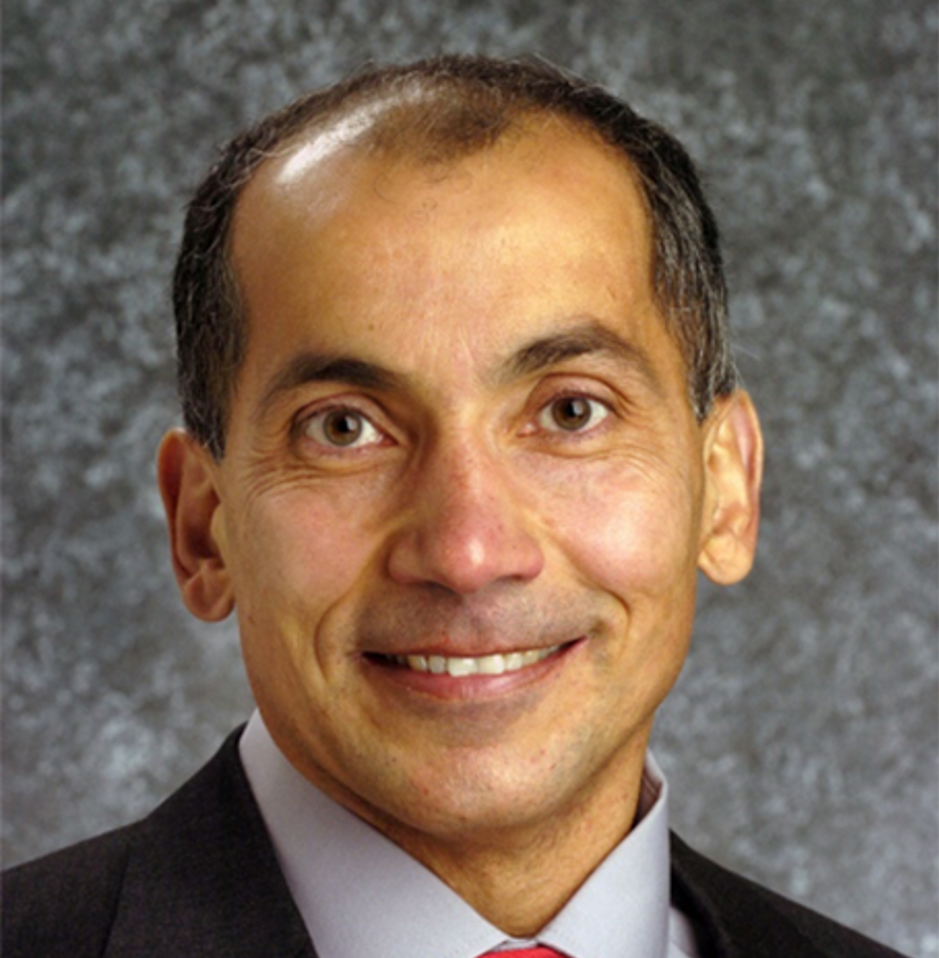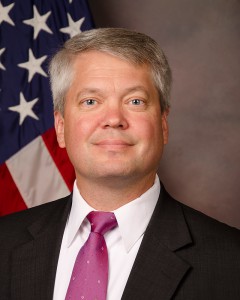For most of the modern era, fossil fuels – oil, natural gas, and coal – have provided the lion’s share of global energy supplies. Their relative shares have fundamentally changed, but they have continued to dominate the energy mix in almost every country in the world. However, other fuels, particularly nuclear power and renewable energy, have attracted substantial attention and investments and are projected to provide an incremental share of supplies in the coming years. This workshop will examine the Gulf Cooperation Council (GCC) states’ efforts to diversify their energy mix as well as the initiatives to restrain consumption. Simply stated, the surge in oil consumption means less is available for export. A two-fold strategy of curbing consumption and diversifying the energy mix would allow the GCC states to maintain their status as major oil producers and exporters for a longer time. A major goal of this workshop is to analyse the geo-political and economic drives behind this diversification and to highlight the recent progress. These fundamental changes in the energy landscape in the GCC states are examined against the uncertainties in the global energy markets due to shale gas and tight oil.
3 DAYS / 12 Workshops
MORE THAN 300 ACADEMIC PAPERS
For decades the GCC countries have been overwhelmingly dependent on oil and gas to
meet their domestic energy needs and for exports to the rest of the world. Since the early
2000s, the six GCC countries have expressed interest in reducing their deep dependency
on oil and developing alternative sources of energy (nuclear and renewables). Like other
countries, environmental, financial, and strategic concerns are driving this interest in
alternative energy. Due to the surge in energy consumption, many Middle Eastern cities
have become among the most polluted in the world. Replacing oil by nuclear power
and/or renewable energy (particularly solar) for generating electricity and water
desalinisation would release more oil for export and increase national revenues. The
relative weight of each drive varies from one Gulf state to another. In addition, how they
will address the uncertainties surrounding nuclear power and renewable energy is yet to
be spelt out. What is certain is that the growing interest in alternative energy in the
Middle East has the potential to drastically alter the economic, security, and strategic
landscapes in the entire region with significant implications worldwide.
Specifically, the workshop will examine how the GCC states are preparing to address the
following challenges:
• Nuclear safety: The full utilization of nuclear power depends to a large extent on
public perception and public confidence in the safety of nuclear plants. The
threats to safety come mainly from at least three sources: unintended technical
accidents caused by equipment failure or human errors; natural disaster such as
earthquake or tsunami; and/or potential planned terrorist attacks.
• Waste management: Radioactive wastes are generated in many activities such as
nuclear power production and a range of radioisotope applications in medicine,
industry, agriculture, and research. Currently there are basically two options for
managing radioactive wastes. One option is to directly dispose spent fuel in a
deep geologic repository to isolate it for hundreds of thousands of years. The
other option is to reprocess the spent fuel to separate the uranium and plutonium
for use as a new fuel.
• Economic competitiveness: The recent interest in nuclear power and the
ambitious plans to build nuclear plants are likely to be restrained by the
uncertainties regarding the economic competitiveness of this promising source of
energy. Nuclear plants are quite capital-intensive. Furthermore, the ongoing
efforts to improve their security have further added to their construction costs.
• Nuclear weapons proliferation: The renewed global interest in nuclear energy has
heightened the concern over nuclear proliferation. The link between civilian
nuclear power and nuclear weapons has been a serious unresolved worry
throughout the nuclear age. The expansion of civilian nuclear power is likely to
contribute to dissemination of expertise, technology, and material that would be
useful in launching a nuclear weapons programme. The connection between
civilian and military applications of nuclear power seems inevitable.
3
Renewable energy is any form of energy that is replenished by natural process at a rate
that equals or exceeds its rate of use. Some renewable energy resources such as
hydropower are technically mature and have been deployed on a significant scale. Others,
such as wind, solar, and geothermal, are in a nascent phase of technical maturity and
commercial production and deployment.
The workshop will examine how the GCC states are preparing to address the following
characteristics:
• Renewable sources are largely site-specific in many of their applications. Unlike
oil and natural gas, which are transported across the globe with different degrees
of ease, renewable sources are more likely to be consumed locally.
• In many cases renewable sources supply energy intermittently. The sun and winds
are not uniform in their availability for power generation on a daily basis and vary
from one season to another. There are ways to address and at least partly
overcome this intermittency issue such as by the creation of a back-up system to
fill the gap when renewables fail to deliver.
• Despite renewable energy’s environmental advantages, it is largely more
expensive than fossil fuels and still provides a small share of the global energy
mix. Though renewable energy is becoming more economically competitive,
substantial investments and technological advances are needed. To a great extent,
renewable sources cannot compete with oil and natural gas in a free market in
many countries. They need government protection and subsidies.
In examining the GCC states’ efforts to restrain rising consumption, it is important to
point out that the six states currently consume more primary energy than the whole of
Africa. If the region’s fuel demand were to continue rising as it has over the last decade,
it would double by 2024. The GCC states are among the world’s least energy-efficient
consumers. Several factors contribute to this high level of energy intensity. Low energy
prices lead to overconsumption and waste. Another reason is the heavy concentration on
energy-intensive industry such as petrochemicals and aluminium. These high levels of
energy consumption and low levels of efficiency are unsustainable.
The GCC states’ efforts to diversify their energy mix and slow the rising consumption
will be examined against the substantial improvements in the US energy outlook. In
1970, US crude oil production peaked, and then declined continuously for more than 20
years when tight oil first began to flow after 2008. Since then production has risen due to
a technological innovation known as hydraulic fracturing (fracking), which unlocks oil
and gas previously trapped in shale rock. In late 2012, the International Energy Agency
projected that the United States will become the largest global oil producer by 2020 and
North America will become a net oil exporter around 2030. This rising production has
had significant impact on the global market. The workshop will examine how the GCC
states should respond to these changes and the link between regional strategies to
diversify the energy mix and curb consumption on the one side and the global markets on
the other side.
4
To sum up, the workshop will examine the two sides of the energy equation – supply and
demand. Diversifying the energy mix (i.e., increasing the share of nuclear and renewable
power and reducing dependency on petroleum products) and rationalising consumption
would add more economic and strategic power to the GCC states.

